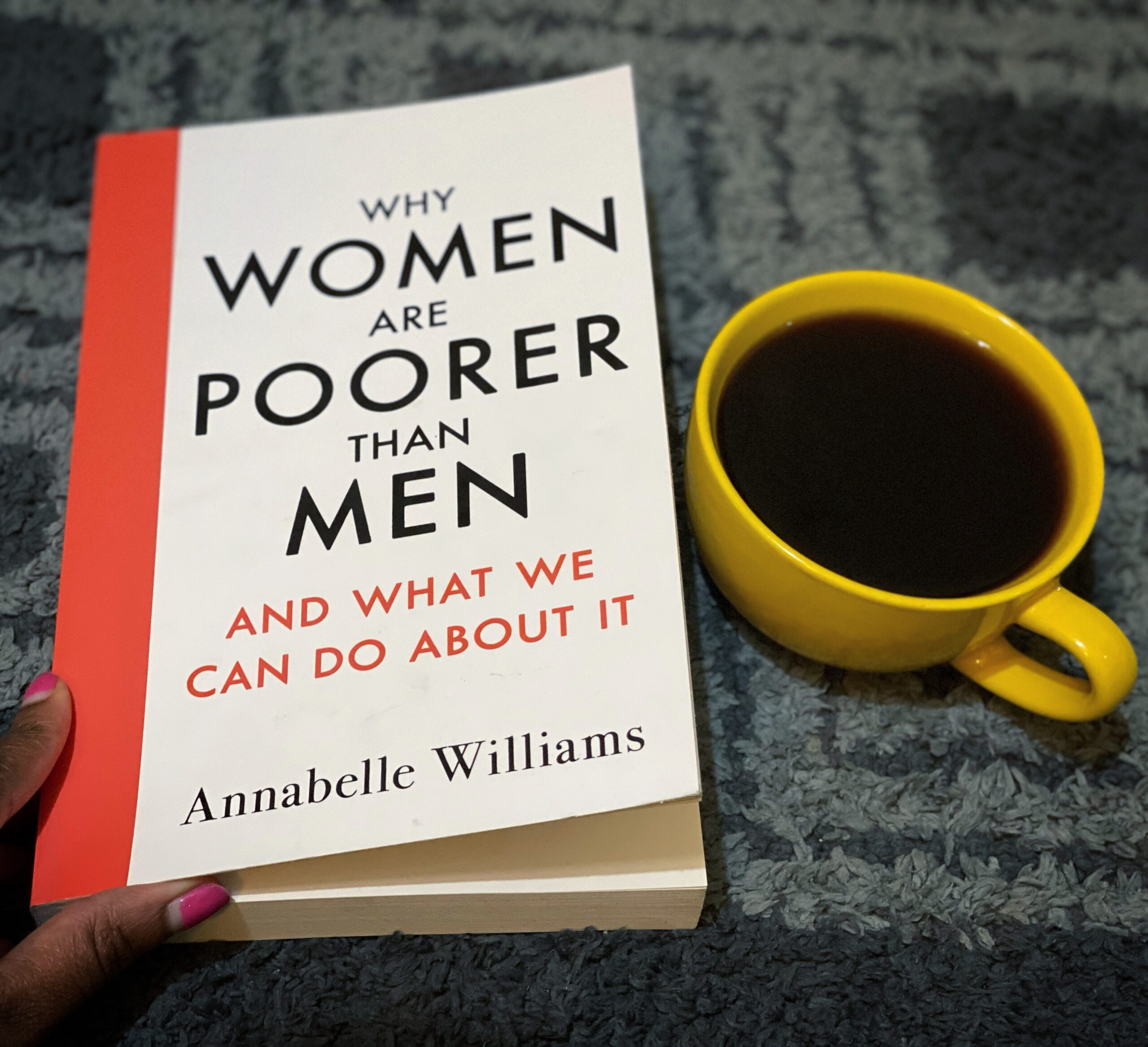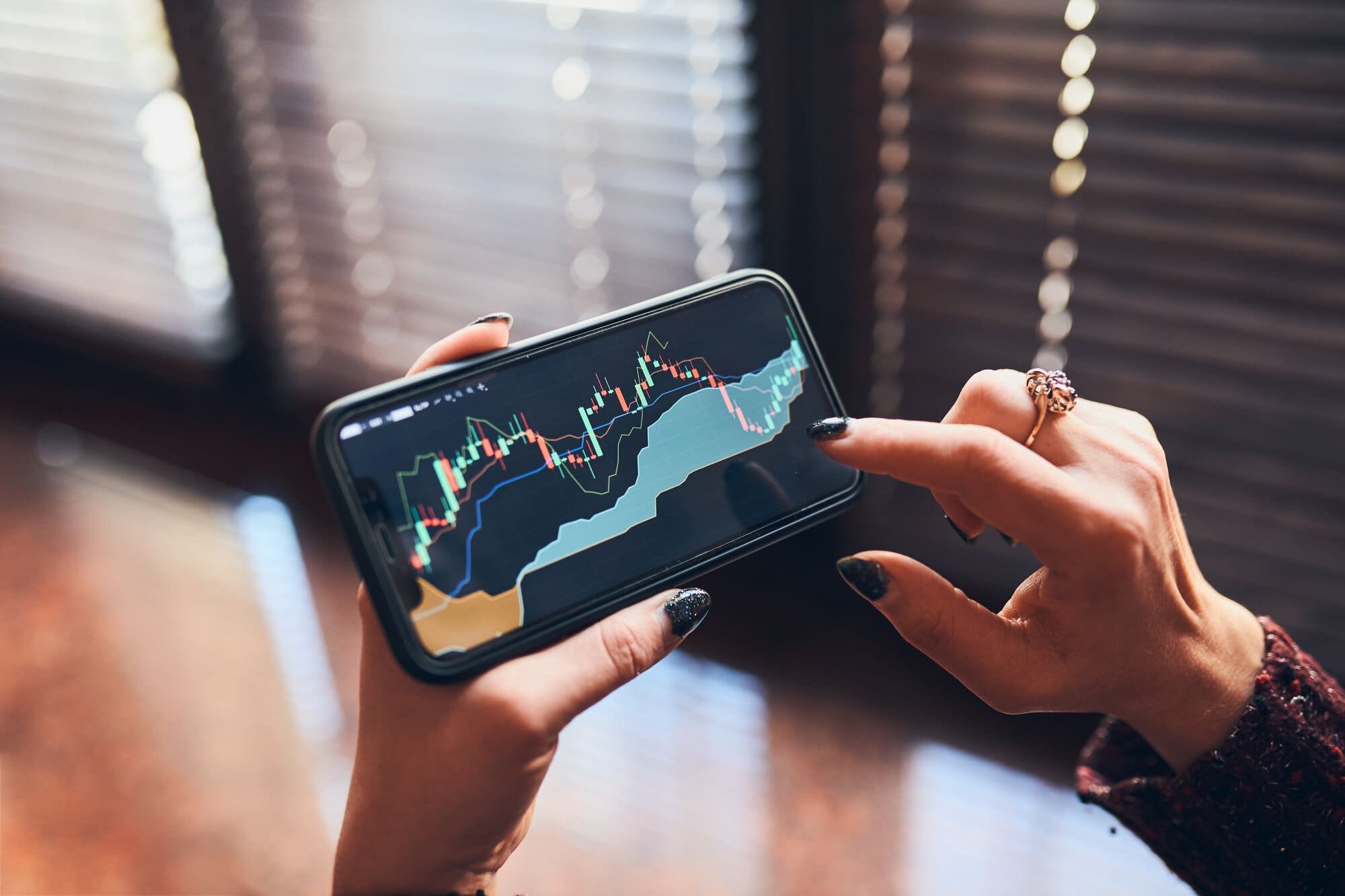
When Not To Invest: Top Signs You’re Not Ready To Start Investing
Yes, there are instances where being told when not to invest is pretty solid advice. While investing is the best way to create wealth, it is not always the best start in some instances.
Regardless of how many articles you read or videos you watch online about investing and the best investment assets to consider, there are things you must consider first before taking that first step.
When Not To Invest
Lear more in a related post: What to Consider Before Making Investment Decisions
1. You Do Not Have an Emergency Fund
Do you have at least 3 to 6 months of your monthly expenses saved up in an emergency fund? If not, this is not the time to start thinking about investing.
Let me put it this way; if you suddenly lose your source of employment, have an unexpected medical bill, or you get robbed, where will the money come from? Will you start selling the shares you just bought, accumulate more transaction charges, and probably make a loss due to fluctuating share prices?
So, build up your emergency fund first, and you can start thinking about investing.
2. You Have a Pile of Debt
If you are drowning in debt, from credit card and student loans to personal loans and an array of others from digital lenders, don’t even think about investing. The interest you have to pay on your loans will most likely outweigh the interest return from your loans. In this case, it is best to focus on clearing your debts, except for the mortgage. Then, once you have sorted your debts, you can channel that money into investments.
The only caveat is if your investment brings more return than the interest you pay for the loan.
Otherwise, if you have extra money coming in, focus on eliminating debts and building an emergency fund. This fund will cushion you during emergencies and save you from slipping back into debts when emergencies come up.
Whatever extra money remains after paying your expenses, split it between your emergency fund and paying off debt. Choose the best debt payment method for you. However, it is best to focus on debts with high interest as they cost you more money in the long run.
3. You Will Need The Money In The Next 5 Years
Technically, you need to give yourself an investment horizon of at least 10 years. This period is enough to weather the market fluctuations and get you a substantial return from your investment. However, 5 years is also a good start.
So, if you think or feel that you will need your money within 5 to 10 years, forget about putting it in an investment.
4. You Are Too Emotional When Investing
One thing about investing is that market volatility will always be there. Sometimes, the market will come tumbling, and you will see your investment take quite a hit. Case in point, during the Covid-19. Many investors cashed in on their investments, fearing they would make losses and never recover.
Don’t invest if you will be too emotional every time your shares take a hit. Or at least get a financial planner, advisor, or investment manager to manage your portfolio and keep you from making emotional decisions.
The truth is, the market always bounces back. And every time it does, share prices go up. So, if anything, you should be buying more shares during this period, not selling.
Do all the above points check? If yes, take a step back, assess your finances, make the necessary changes, and you can start investing. When you are ready to start investing, financially and emotionally, start by learning all about investing, especially if you are doing DIY investing.






